Hi, we're new here.
We want to make a newsfeed with just news. No bots, no baby pictures, and no weird uncles sharing questionable articles. Just what's happening in the world.
Be sure to sign up or sign in, so you can choose what sources and topics you see in your news feed.
Please take a look around and let us know what you think.
- SCIENTIFIC AMERICANA DAY AGO
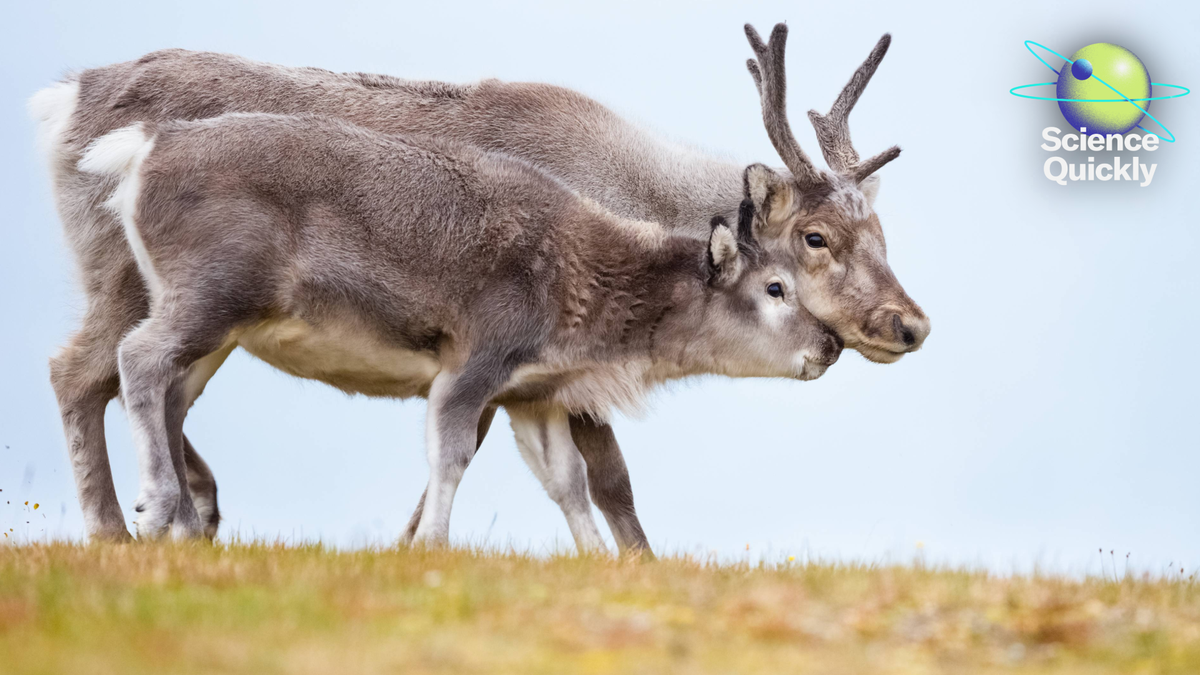
Women’s heart health, Artemis update, female reindeer antlers mystery
What a worrying forecast says about women's heart health, what's happening with NASA's Artemis II moon mission and why female reindeer have antlers
- SCIENTIFIC AMERICANA DAY AGO
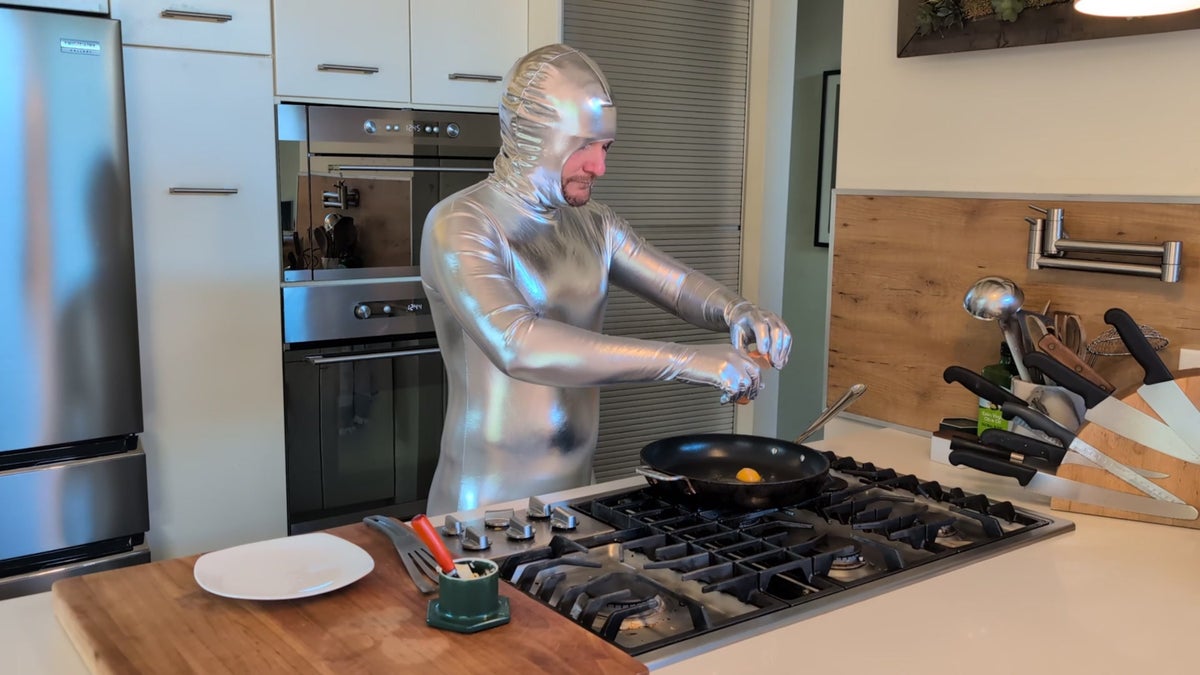
Why humanoid robots are learning everyday tasks faster than expected
Roboticist Benjie Holson created the "Humanoid Olympic Games" thinking home robots were 15 years away. Then they started folding the laundry
 A DAY AGO
A DAY AGO
As Kennedy Turns From Vaccines, MAHA Allies See a ‘Betrayal’
As the midterm elections approach, the health secretary is focusing on “real food.” Anger is rising among some of his supporters.
- SCIENTIFIC AMERICANA DAY AGO
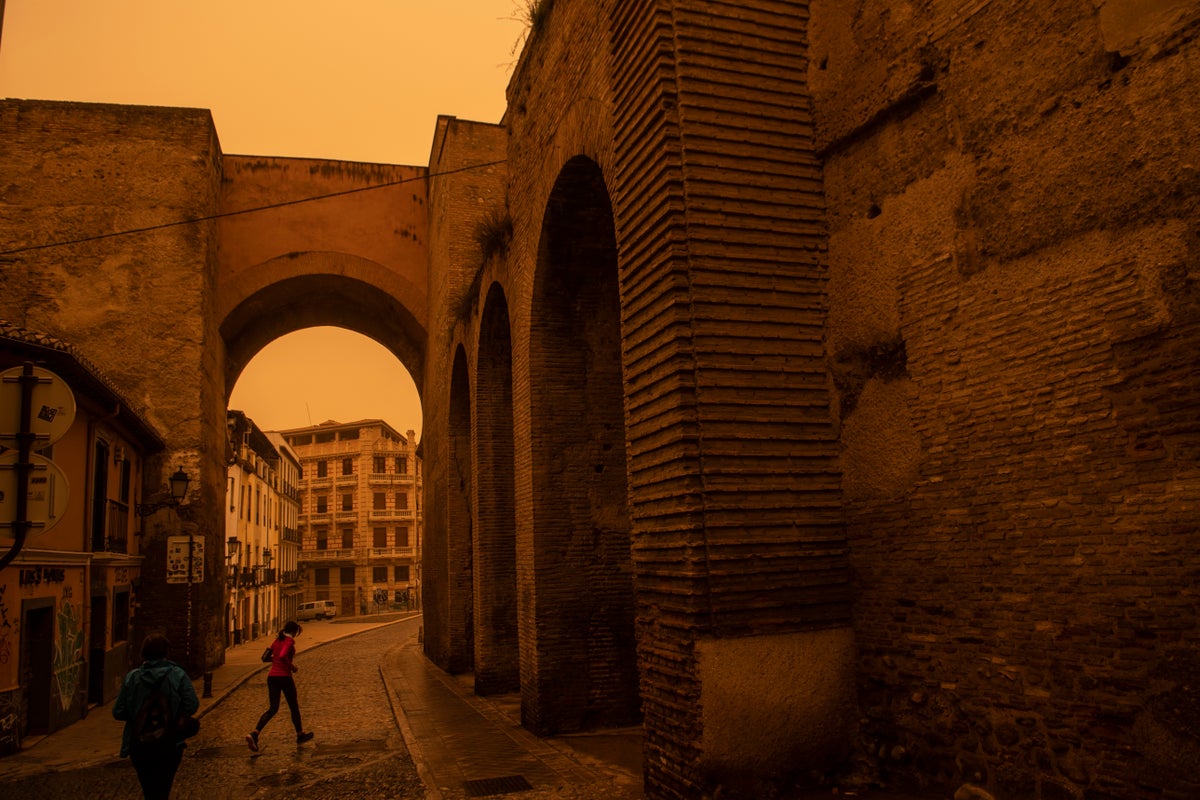
Saharan dust storms bring risk of ‘blood rain' and fiery skies to southern Europe
Known as 'la calima,' the desert dust plume could hit Spain, Portugal and France, bringing with it grit-laden, rust-colored rainfall
- SCIENTIFIC AMERICANA DAY AGO
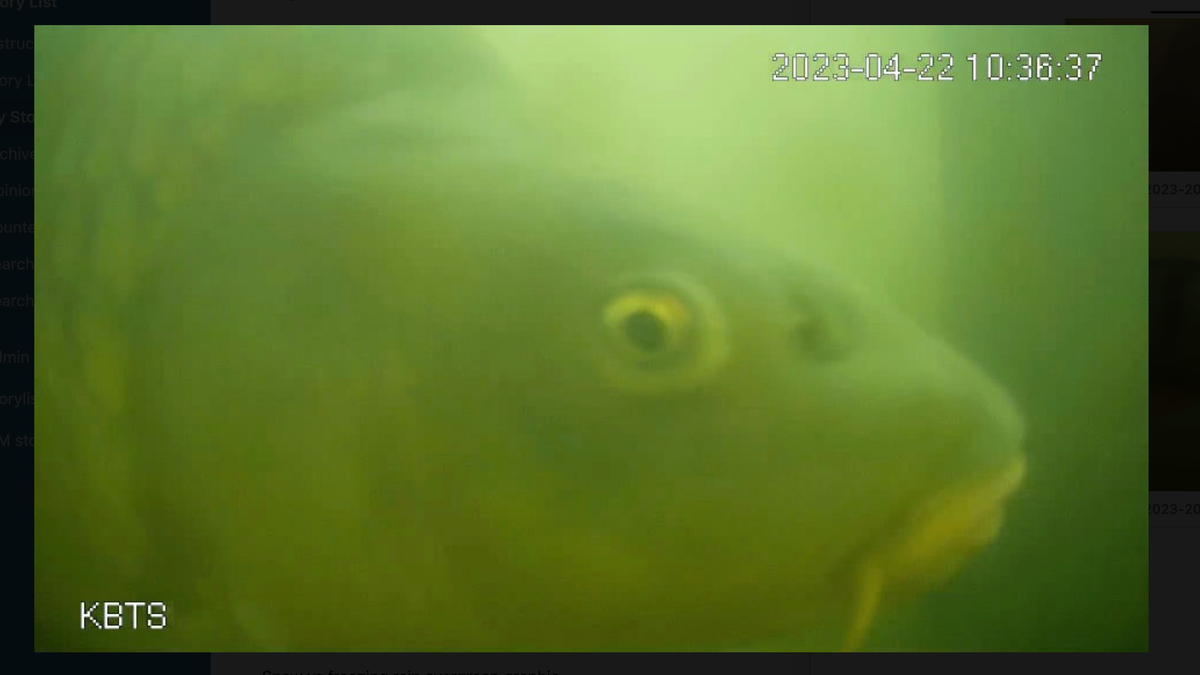
How the Dutch Fish Doorbell helps migrating fish each spring
A Dutch lock is closed for the spring, and its employees want you to tell them when migrating fish come knocking by ringing a digital doorbell
- SCIENTIFIC AMERICANA DAY AGO
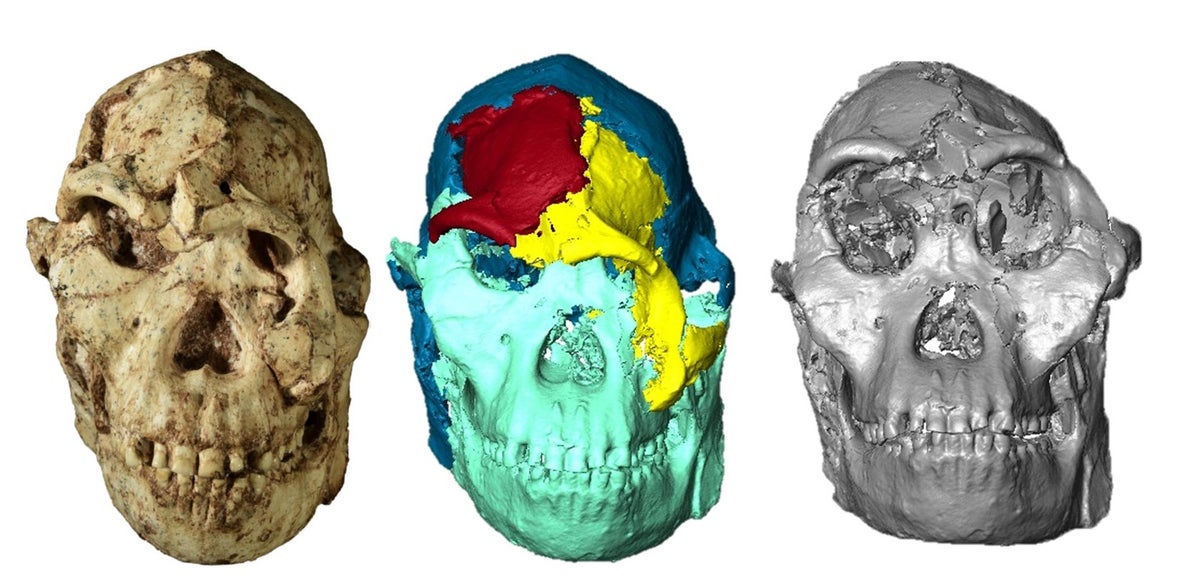
Face of ancient human ancestor ‘Little Foot’ reconstructed for the first time
"Little Foot" is the most complete Australopithecus fossil ever found. And now we finally have an idea of what this group of ancient hominins looked like
- SCIENTIFIC AMERICAN21 HOURS AGO
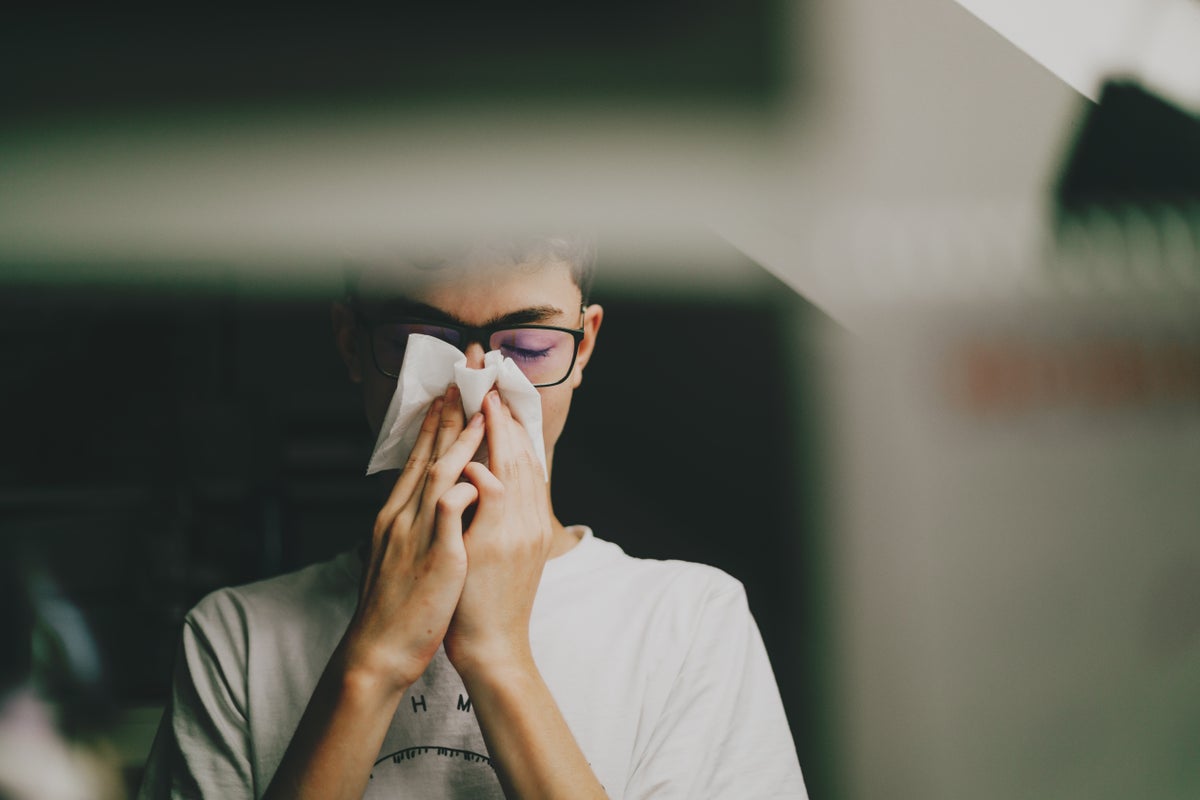
The WHO just made its predictions for the 2026-2027 flu season
The WHO warned countries in the Northern Hemisphere to be prepared to fight flu viruses H1N1, H3N2 and the B/Victoria lineage
- SCIENTIFIC AMERICAN20 HOURS AGO
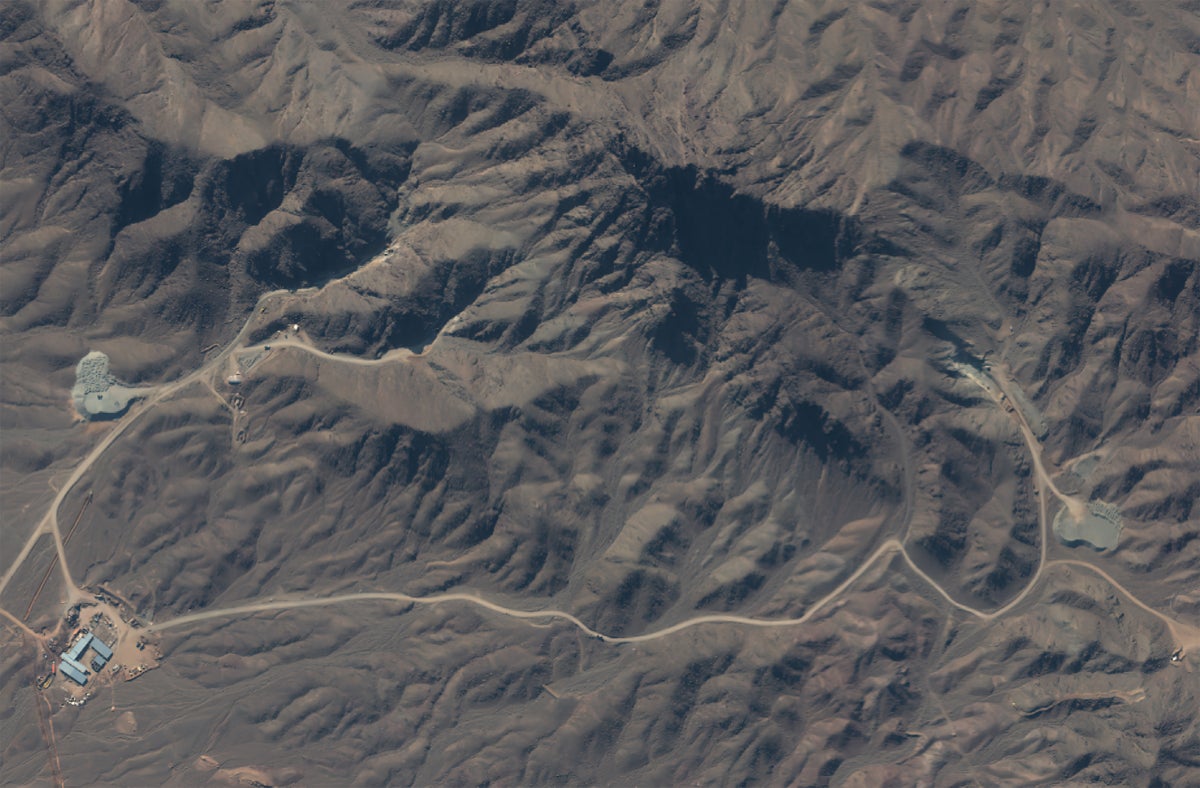
U.S.’s and Israel’s war with Iran leaves uranium stockpiles uncertain
The Trump administration's war with Iran over its nuclear ambitions raises new questions about the country's uranium stockpile
- SCIENTIFIC AMERICAN5 HOURS AGO
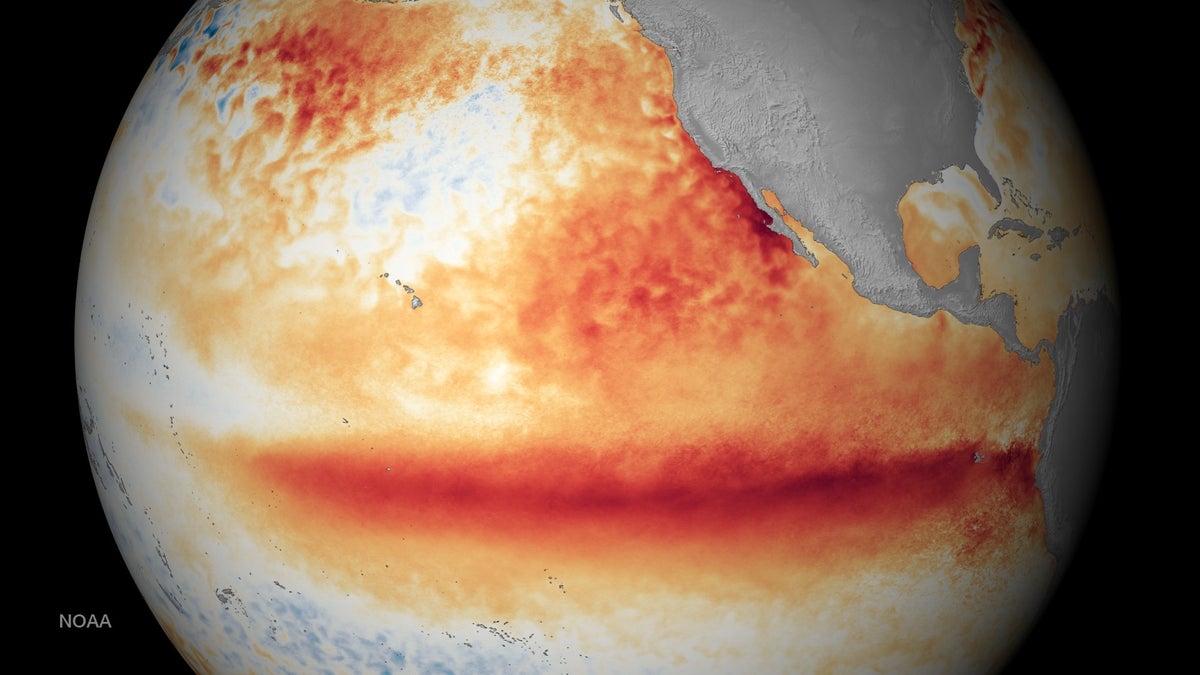
Will El Niño return in 2026? Here’s what we know so far
Weather events like El Niño can be notoriously hard to predict, but this year could mark its return
- SCIENTIFIC AMERICAN4 HOURS AGO
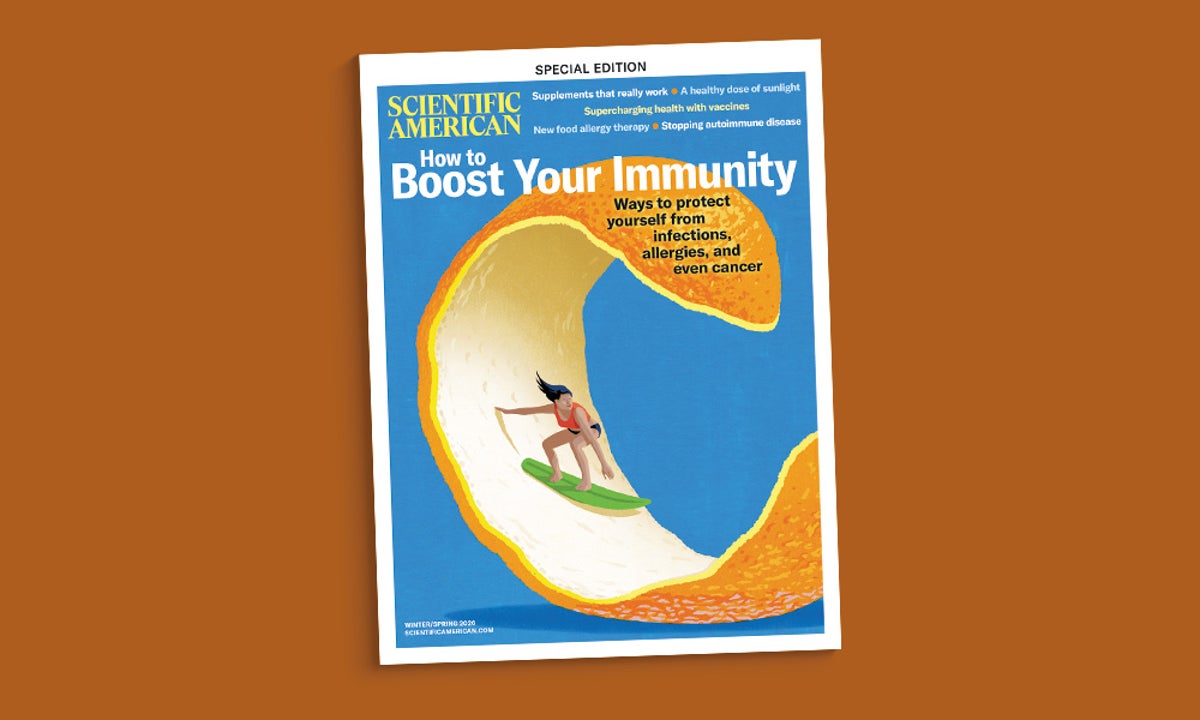
Help yourself to stronger immunity
Supplements, surprising treatments, immunity-boosting vaccines and even exercises can help the immune system do its job
- SCIENTIFIC AMERICAN3 HOURS AGO
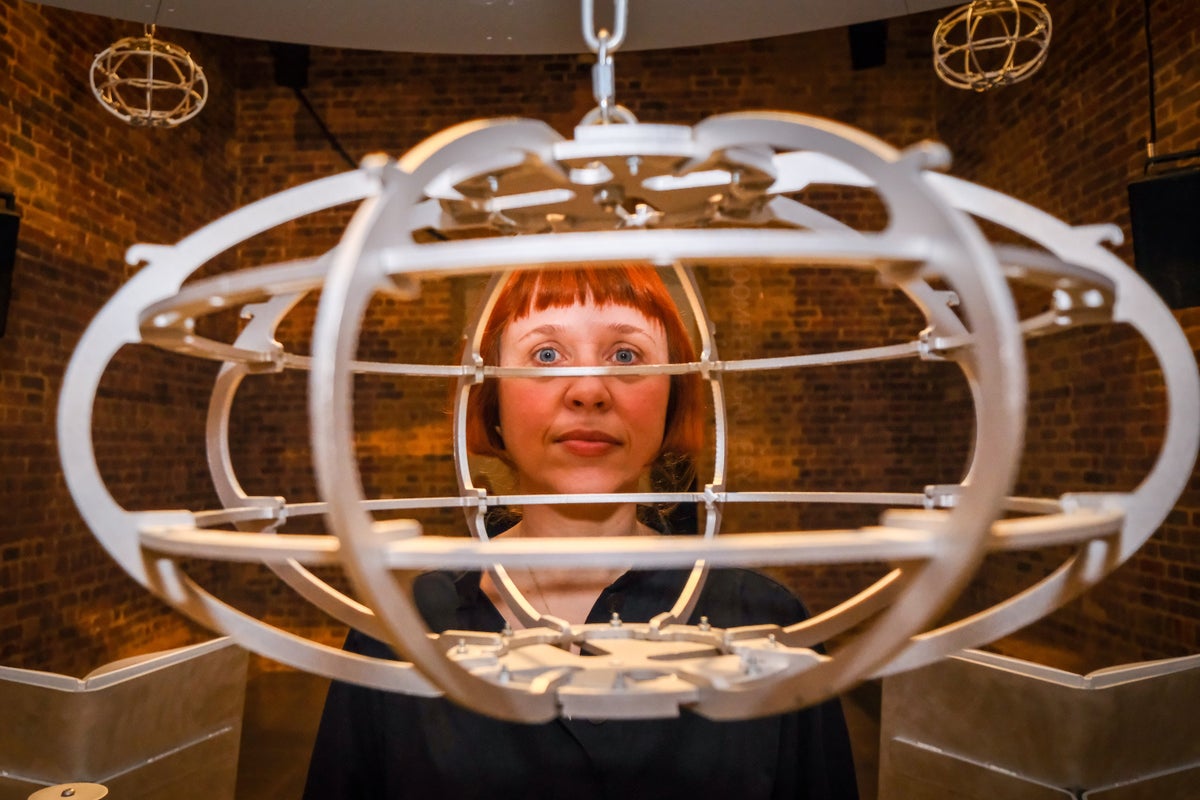
Experimental composer Holly Herndon built an AI voice clone that anyone can use
Experimental composer Holly Herndon says this technology isn't here to replace artists—and that the future of creativity belongs to collective intelligence
- SCIENTIFIC AMERICAN4 HOURS AGO

Are prime numbers hiding inside black holes?
The strange case for prime numbers at the heart of physics
- SCIENTIFIC AMERICAN2 HOURS AGO

Why developers using AI are working longer hours
Studies find AI helps developers release more software—while logging longer hours and fixing problems after the code goes live
- SCIENTIFIC AMERICAN2 HOURS AGO
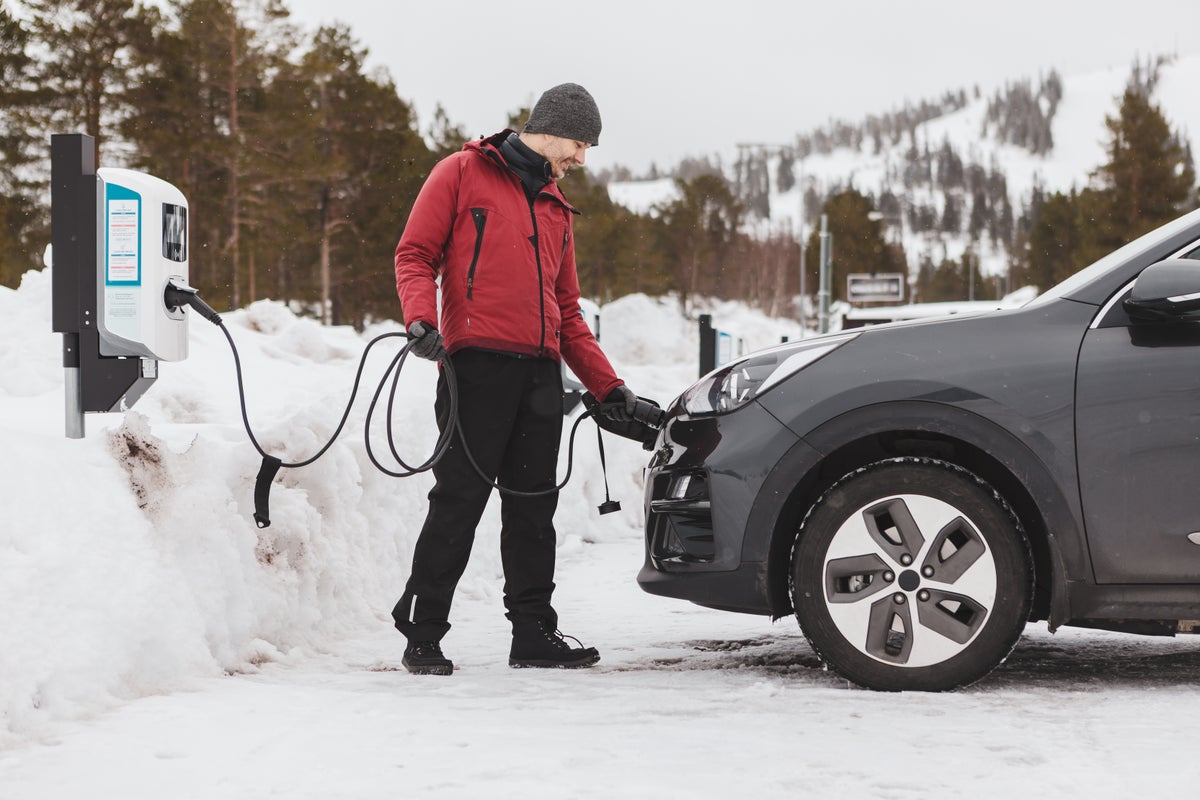
CATL sodium-ion battery aims to improve EV winter range loss
CATL says its sodium-ion pack can keep charging and delivering power far below freezing. The real test is whether those lab numbers survive real winter driving
- SCIENTIFIC AMERICAN2 HOURS AGO
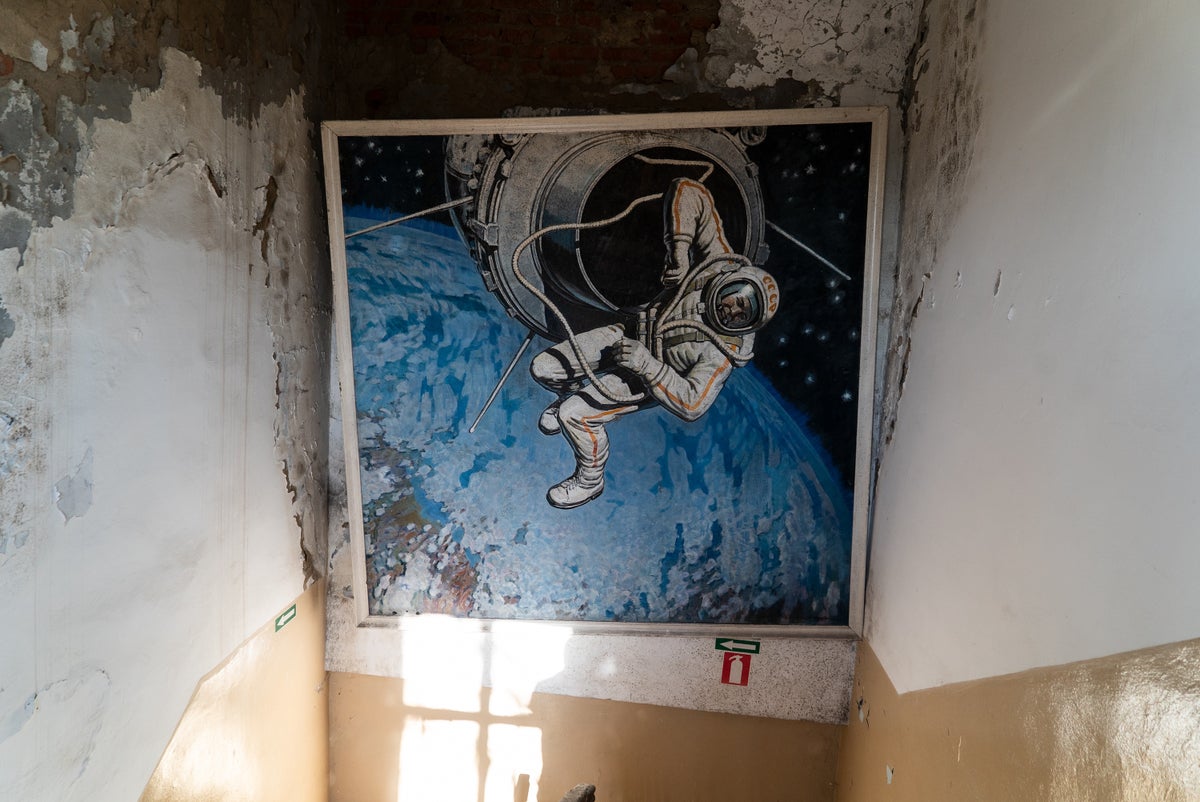
War pushes Ukraine’s astronomy to the brink
Russia's war has left many of Ukraine's world-class observatories in ruins—but the besieged nation's astronomers already have plans to rebuild and recover
Want to choose which sources and topics you see?